Download information materials (2018) Previous version
Presentation of the Department of AED
More information for entrants of the ITTS educational program in the Telegram channel Entrant AED (PBF, KPI) | Ai (https://t.me/abit_aed). Search using the hashtag #АЕД
Attention, entrant! We invite you to the field of information technology.
Our educational program is "Information measuring technologies and systems" (specialty: 152 "Metrology and Information and Measuring Equipment" at the Instrument-Building Faculty (PBF), branch of knowledge: 15 "Automation and instrumentation"). The licensed volume of admission to the specialization "Information measuring technologies and systems" is 75 people.
Specialization is indicated when submitting originals to the Admissions Committee after receiving a recommendation for 152 specialties at the PBF.
We train specialists to work in the field of information technology – IT professionals. Our direction is computer systems for obtaining quantitative information directly from the object being studied and processed. In such systems, measuring equipment is part of computer complexes. That is, these are computer systems for testing automation, control, diagnostics, measurement, observation, forecast and warning, management, experiment in various fields of science and technology.

We have significant advantages over traditional IT specialties in areas where the software directly interacts with the hardware of the computer system. Therefore, so many of our graduates work as developers of embedded software, system software, drivers, mobile devices, signal and image processing, telecommunication devices, automotive, aviation and space systems, production automation systems, environmental monitoring, data processing. Our six-year students tell about their places of work: http://aed.kpi.ua/entry/interview.
Our graduates successfully work in Ukraine and abroad and in traditional IT areas of application and system software development, electronic and measuring equipment in IT and electronics, quality control, standardization and certification. About 150 photos of our graduates with their places of work you will see here: http://aed.kpi.ua/entry/graduator.Descri
ption of the developments of our graduates you will see here: http://aed.kpi.ua/entry/job.
Answers to questions
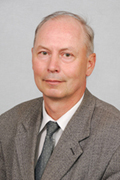
The question of entrants is answered
by the director of the department of AED Bogomazov Ser
gey Anatolievich:Educational program: Information measuring technologies
and systemsSpeciality: 152 Metrology and information-measuring equipment
What and how students teach in the educational program: Information measuring technologies and systems?
The department was originally created to train specialists with in-depth knowledge of computer technologies. We train ital specialists – IT specialists. Our industry is computer systems for obtaining quantitative information directly from the object being studied and processed. In such systems, measuring equipment is combined with computer complexes. The object of information can be industrial objects, technological processes, vehicles, power systems, gas pipelines, spacecraft, aviation systems, biological objects, medical equipment, sound sources and images, etc. That is, these are computer systems for testing automation, control, diagnostics, measurement, observation, forecast and warning, experimentation in various fields of industry, science and technology.
To develop such systems, it is necessary to create hardware and software for obtaining sensor data. It is necessary to turn signals from the outside world into a digital form for their processing by computer means. Therefore, our students study thorough courses of microprocessors, electronics, measuring instruments. Modern means of obtaining experimental data are complex microprocessor systems with their real-time operating systems (RTOS), specialized networks, interfaces, built-in software. Our students learn to develop software and hardware of such embedded systems (Embedded System) based on architectures x51, AVR, MSP430, ARM/Cortex, DSP using assembler/C/C++/Embedded Java technologies, study the means of their computer design (xCAD, Multisim, Proteus).
The second direction of training is programming and information technologies of computer processing of experimental data. For computer processing, preservation, display, transmission of experimental data, all major modern programming technologies are used. Our students study system and application programming (Assembler, C/C++/C#, Java), database programming (Oracle, ADO.NET), client-server technologies (ASP.NET, JavaEE), networking, Internet programming, Web technologies (HTML/CSS/JS), development of embedded/mobile software (Android, RTOS), digital signal processing (DSP), data processing methods, system and measuring technologies (Matlab, LabVIEW).
The third block of disciplines is the discipline of systemic and measuring direction. They study how to provide the necessary characteristics of computer information measuring systems (accuracy, speed, interference, probability of control, metrological reliability) through appropriate hardware, algorithmic and software solutions.
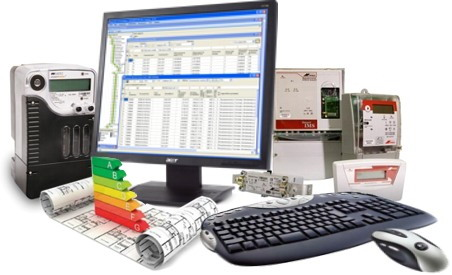
Our laboratories are equipped with a modern material base. It is provided to us by our partner firms, with whom the department works and where many of our graduates work. These are the firms Motorola, National Instruments, Texas Instruments, Analog Devices, Infopulse, Mindspeed, Melexis, Promsat, VD MAIS. More on the Laboratories and Equipment page.
Most of our students are actively involved in research projects of the department. Scientists of the department together with students performed a number of important scientific developments, including computer systems for aircraft research for ANTC "Antonov" and computer systems for the study of ship radio equipment; software for space flight control center; computer systems for monitoring recording devices; software tools for modeling the physiological state of a person in conditions of dynamic overloads; computer vibrodyagnostics systems of electric turbines; computer systems for the study of electrical and magnetic fields; computer systems for digital sound and image processing; computer systems for reproducing reference values; remote Internet access systems for equipment based on built-in Web-microservers; computer systems for processing telemetry information, etc. For more information, see Science.
Many term papers and diploma works are carried out on the basis of these projects, when they are protected, current development layouts are demonstrated, and students receive at the time of graduation the experience of working on real projects, which is indicated in the resume. Student scientific conferences are held every year, where students receive experience of public speaking. More information on the pages of student conferences and conferences. About 70% of bachelor's graduates continue their studies in the magistracy in budget places (the average for other departments is 30-50%). The best students continue their postgraduate studies and defend their Ph.D. thesis. All this significantly increases the chances of our graduates when looking for a job. Descriptions of diploma projects of our students can be found at the link http://aed.kpi.ua/entry/description
Read more about the places of work of our students and graduates on the page: Portrait of a graduate and Place of work of graduates of the department.
By whom and where will I work after graduation?
We prepare our graduates for work in the field of information technology. Most of our graduates work in the IT industry. Universal training enables them to work in the field of development and operation of both software and hardware of computer automation systems in the field of data collection and processing, research, forecasting, control, testing of objects and processes in the fields of industry, medicine, transport, aviation and astronautics, communications, defense, trade, education, science, environmental monitoring, finance, etc.
These are developers of applied server and client software, specialists in manual and automated testing and quality of software (QA), system programmers, database programmers, system administrators, developers of software and hardware of computer data collection and analysis systems, specialists in the development and support of computer, network and telecommunication complexes, specialists in support of complex software systems, specialists in business analysis, data analysis and artificial intelligence.
These are developers of production automation systems and technological processes, specialists in imaging and video processing, sound, sensor data and various other signals, developers of hardware and software of medical equipment, measuring systems, robotic systems, vehicles, developers of software and hardware of mobile devices, embedded systems, smart homes, IoT systems, marketing and management specialists in the field of electronics and IT.
For more information about the career directions of our graduates in the IT industry, see here.
The labor market for our graduates is very large – there are more than 1000 IT companies in Ukraine, more than 100 R&D research centers (see more information here). In 2015, according to it specialists and IT companies, the volume of exports of IT products amounted to $ 2.5 billion, took the third place after the agricultural sector and metallurgy and exceeded the export of chemical industry products.
The most promising professions of the future are named on the HeadHunter-Ukraine portal. First of all, it is impossible to imagine the modern world without IT specialists, whose profession is the most promising. Engineering specialties will also be relevant, without the development of which scientific and technological progress is impossible. Realizing that the reserve of natural resources is limited, scientists rely on alternative energy sources. Here, the architect of energy-zero houses, who will design energy-autonomous buildings, or the builder of "smart" roads, will come to the rescue, which will create a road surface with asphalt control sensors, a power grid. All these areas require the receipt and processing of sensory information, that is, it is also an industry for the work of our graduates.
How much will I earn?
The level of wages of our graduates is several times higher than the average in the country and is approaching the European level. The TOP-100 most expensive vacancies are traditionally almost entirely owned by IT specialists. In pursuit of specialists, employers actively offer high salaries, favorable working conditions, social guarantees and pleasant bonuses. For example, free lunches, training, time for your own projects.
The table shows the average wage data in this area.
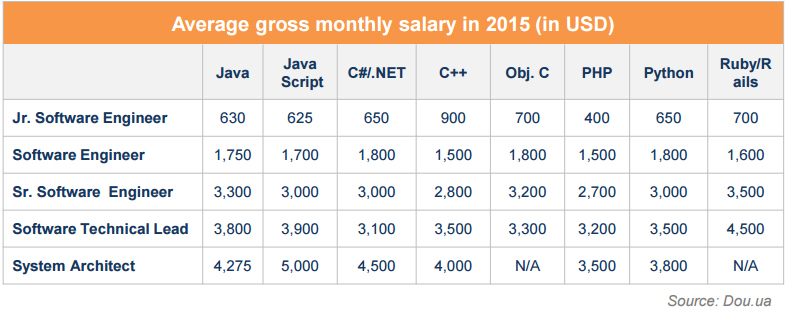
Such a high level of wages is explained by the large volume of exports of IT products and a large number of foreign customers in this field. Many of our graduates work in international development teams distributed throughout the world.
For more information about the salary level of our graduates, see here and here.
How do you differ from others?
Our students receive thorough training both in the field of software development and experimental data processing, as well as in the field of electronics and computer systems hardware. Therefore, we have significant advantages over traditional IT specialties in those areas where the software directly interacts with the hardware of the computer system – data I/O devices, peripherals, network and telecommunication systems, interactive user devices, multimedia devices, sound processing devices, images, other signals, speech recognition devices, touch systems, medical devices, mobile devices, Internet of Things systems, etc.
Therefore, so many of our graduates work in the fields of embedded software development, system software, drivers for non-standard peripheral equipment and mobile devices, software for signal, sound and image processing systems, telecommunication devices, smart homes, automotive systems, control and automation systems, environmental monitoring, etc. Our graduates develop both software and hardware of such systems, which makes them unique universal specialists.
Preparation in the field of experimental data processing allows them to work as software developers and data analysts in the field of data processing and analysis (Data Scientist / Data Analist / Machine Learning Engineer / Business Intelligence / Data Mining), relational databases (SQL) and specialized databases (noSQL).
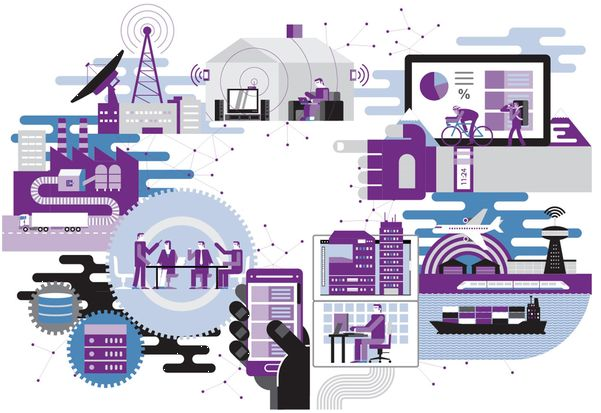
Possession of modern computer technologies, electronics and measuring technologies allows them to work successfully in traditional IT spheres of development and maintenance of applied and system software, electronic and measuring equipment, management and marketing in the field of IT and electronics, quality control, standardization and certification.
Where is the practice of students?
Our students are trained in well-known IT companies GlobalLogic, Samsung, Luxoft, Softheme, Ciklum, SoftServe, NetCracker, EPAM. We have agreements on cooperation in the field of practical training with many enterprises, including SE Antonov, SE "Ukrmetreststandard", OJSC "Meridian" them. S.P. Koroleva, SE "Kyiv Research Institute of Hydraulic Devices", Meleksis-Ukraine Company, Infopuls Company, Mainspid Teknolodz Ukraine, RPE Aerotechnics LLC, Institutes of the National Academy of Medical University: Institute of Semiconductor Physics, Institute of Electrodynamics, Institute of Cybernetics, Institute of Problems of Modeling in the Energy Sector, Institute of Strength Problems, Institute of Clinical Radiology, Institute of Electrodynamics, Institute of Automation, Institute of Physiology, Institute of Information Registration, Institute of Electric Welding. Paton, foreign enterprises.
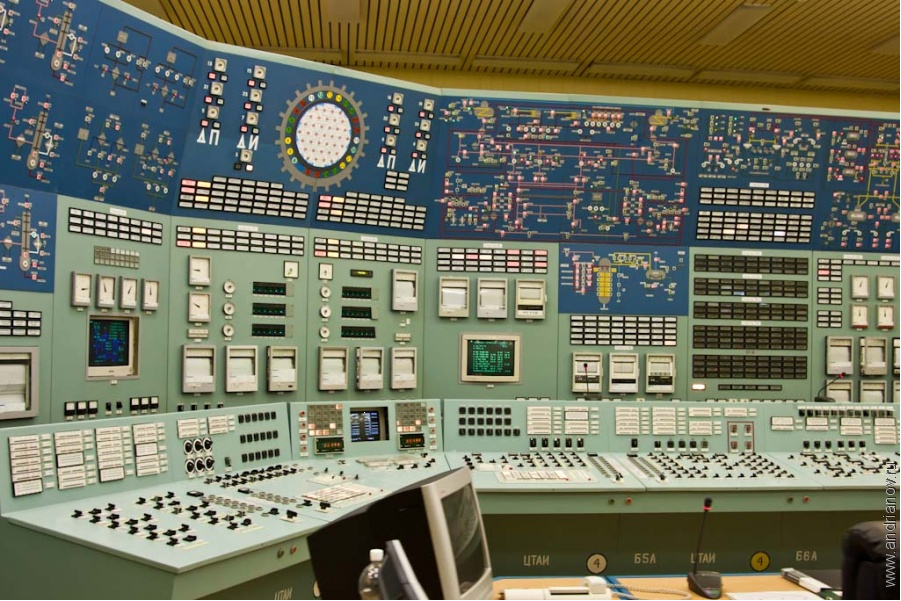
During practice, students gain experience in real work, which can be specified in the resume. Many of them continue to cooperate with these enterprises and after the expiration of practice to gain experience and first place of work. For more information, see Practice areas.
Is there an opportunity to train students in other countries?
The best students of the department are trained abroad. Scientists of the department actively cooperate with the international organization of exchange of students IAESTE – The International Association for the Exchange of Students for Technical Experience.
IAESTE was founded in 1948 on the initiative of 10 European countries, including: England, France, Germany, Switzerland, Sweden, Belgium. The organization operates under the auspices of UNESCO. Today, the IAESTE consists of 87 countries. Since its activity, the IAESTE has provided more than 500,000 students with internship places. Participation in the IAESTE program allows students to practice abroad, share experiences, and gain new knowledge. According to the rules of the program, students from Ukraine will be able to practice at leading foreign enterprises. Each EBA member country collects proposals from universities, industrial, scientific and other organizations to provide internship places to foreign students and young specialists. Internship is an addition to university or institute education. Host enterprises pay interns a salary that can cover the cost of living during the internship period.
Our students trained in Germany, Austria, Switzerland, Great Britain, France, Sweden, Spain, Portugal, USA, Finland, Poland, Hungary, Japan. Students from many universities in Europe train at the AED department every year. For more information, see Study abroad. The department has existing cooperation agreements with the Technical University of Munich and the Higher Technical School, m. Constantz (Germany), where our students are trained. Many of our students continue their studies abroad for additional higher education and PhD. Many graduates work abroad in their specialty, which verifies the high level of training at our department.
Will I learn programming?
Thus, software development is a mandatory component of the training of a specialist with the educational program "Information and Measurement Technologies and Systems". Programming is studied every semester from 1 to 6 courses – C/C++/C#, Embedded (Assembler/C/C++), JavaSE/E/Android, databases/ SQL, frontend/JS/PHP, Data Mining/Python, digital signal processing (Matlab, C/DSP), Linux/scripting. For computer processing, preservation, display, transmission of experimental data, all major modern computer technologies are used. In most course projects, in all thesis works, projects, master's theses, software development is a mandatory part.
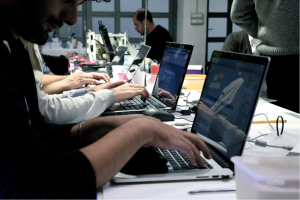
Our students study system programming for modern operating systems (based on C/C++, Assembler), modern technologies of applied programming (based on C++/C# and Java), database programming (SQL, Oracle, ADO.NET), client-server technologies (ASP.NET, JavaEE), network and Internet programming (Linux, HTML/CSS/JS), Web technologies (ASP.NET, JavaEE), embedded/mobile software (Java/Android, RTOS), digital signal processing (DSP processors, Matlab), computer design (xCAD), development of data processing algorithms and computer modeling (Matlab, LabVIEW).
Comprehensive knowledge allows specialists to develop software of computer systems of research, control, forecasting; automate scientific and technical experiment, test process, perform modeling and optimization of objects and processes, develop expert systems, software of local and global computing networks.
This ensures the competitiveness of our graduates in the labor market in the field of modern information technologies.
Read more about our graduates on the page Portrait of a graduate and place of work of graduates of the department.
